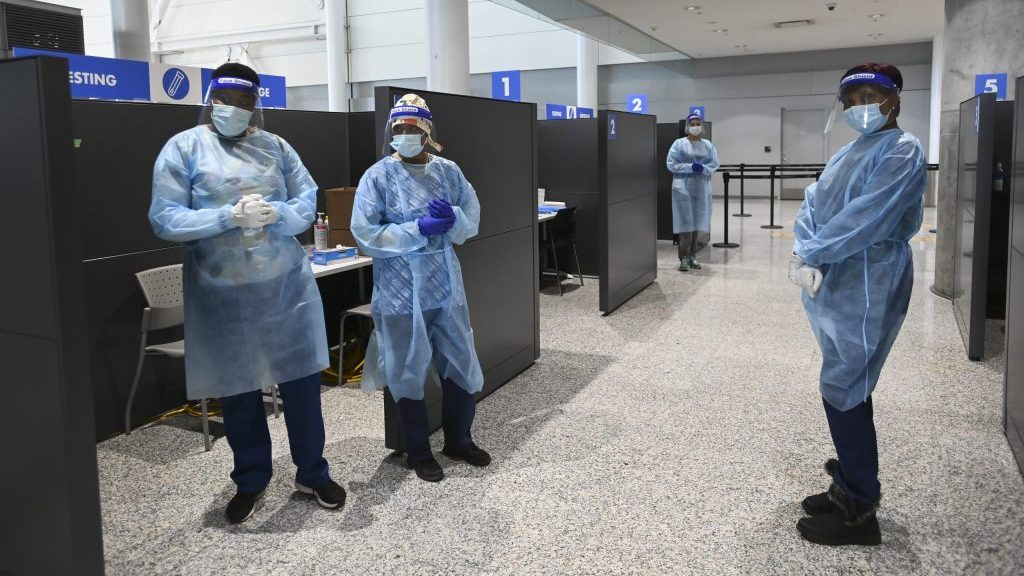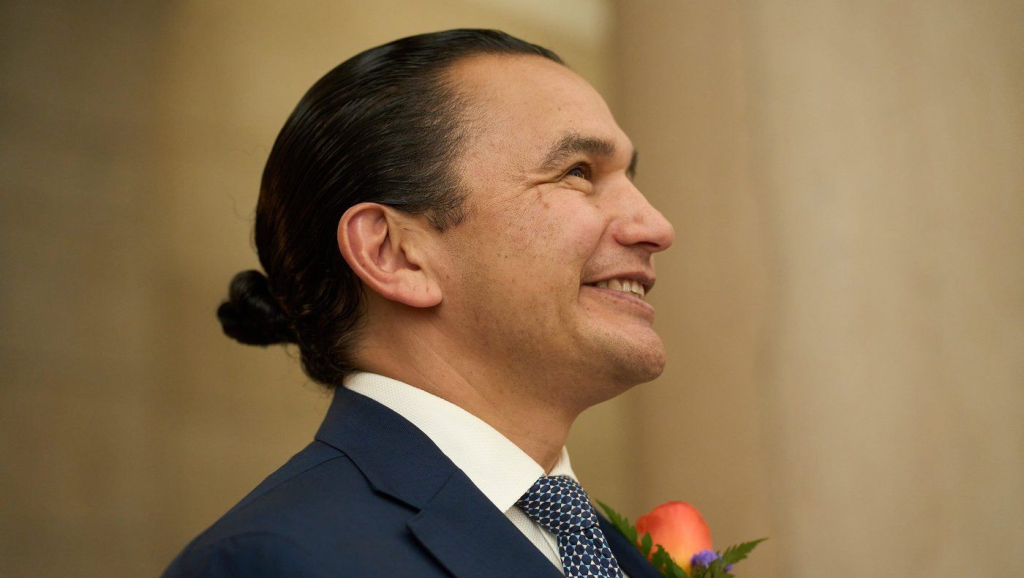Travellers will no longer need COVID test to enter Canada: Government source

Posted March 16, 2022 11:52 am.
Last Updated March 16, 2022 3:59 pm.
Vaccinated travellers will no longer require a negative COVID-19 test to come to Canada as of April 1, a government source confirms to CityNews.
Federal Health Minister Jean-Yves Duclos along with Minister of Transport Omar Alghabra are scheduled to provide an update on COVID-19 border measures at 10:30 am ET on Thursday.
Random PCR tests will reportedly continue and travellers will still have to use the Arrive-Can app.
The current rules require anyone entering Canada to provide proof of a negative rapid test within a day of their flight or within a day of arriving at the border.
The travel industry and border city mayors have been pushing the government to drop all testing requirements, saying they can’t endure another lost season.
The government eased some restriction last month, dropping the PCR test and accepting a rapid test instead.
The change is welcome news, just in time for the tourist season, said Perrin Beatty, president of the Canadian Chamber of Commerce and co-chair of the Canadian Travel and Tourism Roundtable.
“We’ve seen the collapse of our international tourism and convention business over the course of the last two years, and were on the cusp of losing the summer tourist season as well,” Beatty said.
He said anything the government can do to remove friction at the border will help convince people to come to Canada rather than go elsewhere.
It’ll also make it easier for Canadians to return home after an international getaway this summer.
While the United Kingdom announced plans to drop all COVID-19 restrictions on travel, including a vaccine requirement, the United States and Australia still require a negative COVID-19 test to enter their countries.
While Canada’s handle on COVID-19 cases has been improving over the last several weeks, the World Health Organization says rates have begun to creep up in Europe and other parts of the world.
The global weekly case count is trending up by eight per cent, according to the WHO’s latest update, while case counts in the Americas have declined by 20 per cent.
The highest numbers of new cases were reported from the Republic of Korea, Vietnam, Germany, Netherlands and France.
Beatty said the government has been reactive in the past when it comes scaling restrictions up and down as COVID-19 waves have come and gone over the last two years.
He hopes to see the government prepare for the fall, in case COVID-19 picks up again, so Canada can handle it without stiff restrictions and lockdowns.








